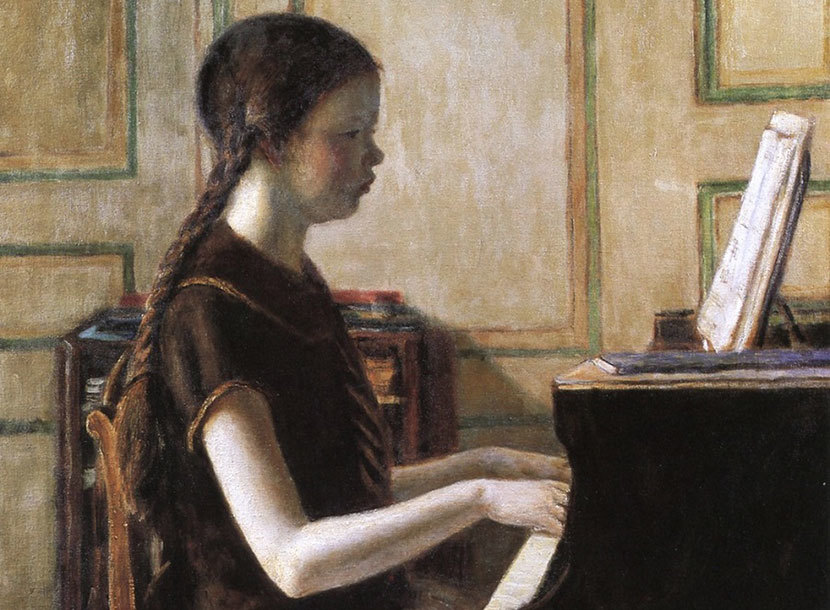Carson McCullers (1917–1967)
From Carson McCullers: Stories, Plays, & Other Writings

When she was fifteen years old, Carson McCullers realized she didn’t have it in her to become a concert pianist and she decided instead she wanted to be a writer—a change of heart she kept from her mother for nearly two years. She accustomed her parents to her new career goal by reading to them some of her early efforts, and her father responded by buying her a new typewriter.
After graduating from high school, Carson headed to New York to fulfill her new ambition. Her first trip to the city, in 1934–35, was apparently a youthful debacle; the seventeen-year-old lost all the money her parents had provided for the trip under circumstances she never consistently explained then or later, and so she worked at odd jobs while studying fiction writing at Columbia University. But her second trip the following year was far more successful, and from it came her first published story, “Wunderkind,” about a young pianist beginning to realize that she wasn’t the prodigy everyone claimed she was. During this period McCullers also began work on a longer story, “The Mute”—which ultimately became her first novel, The Heart Is a Lonely Hunter.
The Library of America volume collecting all of McCullers’s stories, as well as her plays and other writings, arrived this week from the printer. In celebration, we present “Wunderkind” as our Story of the Week selection.



